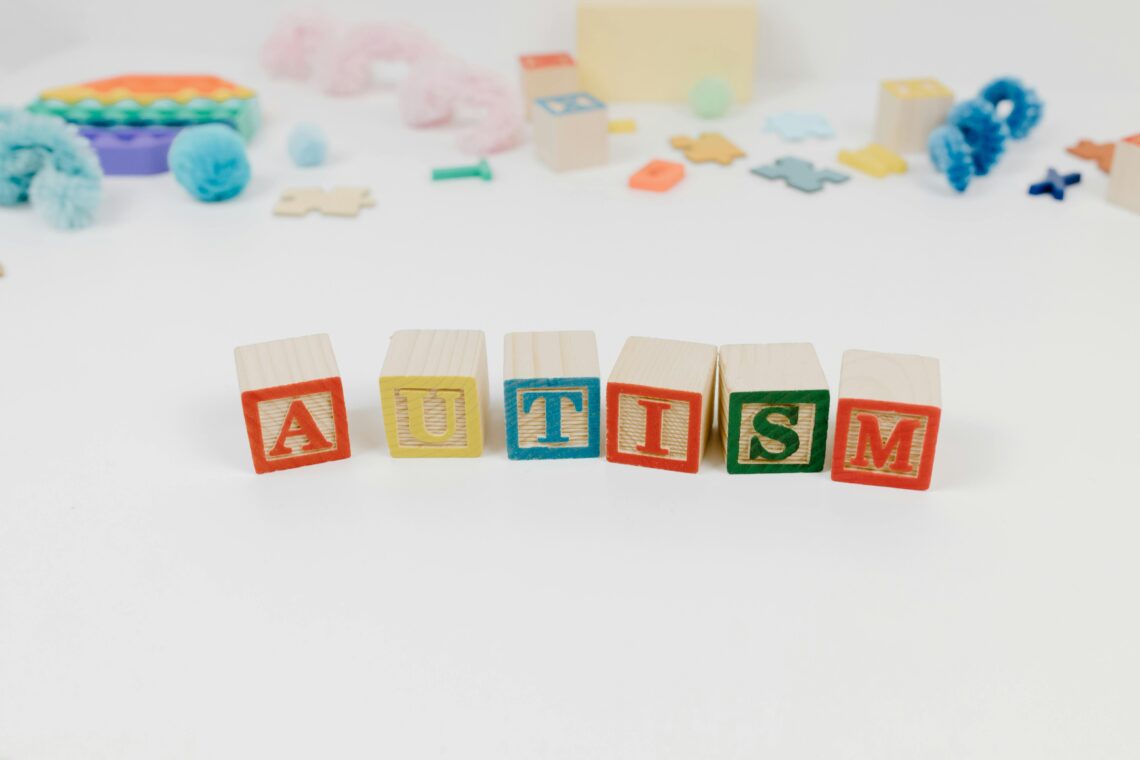
A fish out of water
Since April is #WorldAutismAcceptanceMonth and I’m likely autistic, I want to shine a light on this as something close to my heart. I used ‘A fish out of water’ in my strapline because being autistic can feel like being in a foreign country: you’re always trying to figure out the rules you have to play by, you don’t understand the social cues and you feel like you don’t quite belong.
For me, it was a relief to have moved to a foreign country as there was suddenly a valid reason why I felt like an outsider and why everything was different. Back in Germany, I never quite fitted in, but once I started spending my summers in the UK and picked up the colloquial language, people started joking that I’m an ‘honorary Brit’. In reality, I was masking, compensating and assimilating – three strategies autistic people use to try and fit in. (I’ve done the Cat-Q Camouflaging strategies test on https://embrace-autism.com/ and so I know I’m really good at masking in particular!)
There are still so many misconceptions about autism and autistic people. I first heard about autism in the 1988 film Rain Man with Tom Cruise and Dustin Hoffman, and it seems Hoffman’s character is still what a lot of people imagine an autistic person is like (though he was actually portraying an autistic savant; savant being the part with the amazing memory). As I understand it, the screening questionnaire used to test for autism is based on white men with autism (and if you’ve ever attempted the questions, you’ll know this shows), which means it remains much harder for girls and women to be diagnosed. As a result, they are hugely underdiagnosed. In fact, scientists have only now come to the conclusion that autism presents differently in girls and that they are ‘missing a huge piece of the puzzle’ when studying autism only in boys and men.1
UK NHS guidelines state that some of the signs of autism in young children are: avoiding eye contact, not returning a smile, repetitive movements, getting upset at certain sensory sensations or changes in routine.2 However, not every autistic person displays all the symptoms and some doctors only seem to look for the first two! I’ve had at least two doctors tell me that my child can’t be autistic since they held eye contact and smiled back and numerous others didn’t pick up on any other clues. To cut a very long story short, ten years later my child was finally diagnosed with autism.
Similarly in adults, not all autistic adults avoid eye contact – many have learnt to do this to seem ‘normal’ or trustworthy. Not all need a super strict routine, though many will get anxious at sudden changes to their day or plans. Not all of them don’t understand sarcasm or take everything literally and many are actually very funny. Not all display repetitive movements, or if they do, you wouldn’t necessarily pick up on it because it could be a girl constantly twirling her hair. But they probably will have some degree of difficulty with social cues and norms, for instance the girl twirling her hair might not realise that she’s giving out flirting signals! Many will be able to notice details, sounds or smells that others can’t. Many have one or more ‘super powers’ and are brilliant at maths, music, geography or anything that interests them. Many have special interests, some more niche than others. Boys, to use a real-life example, may know everything about every King Kong film ever made. Girls, on the other hand, may read lots (though this can be niche too: despite my mother suggesting I read another author, I read all 90-odd books by German author Karl May in my early teens). Despite the assumption that they are loners, many autistic people love connections with others; they just get tired more easily from social interactions. They’re also often more cautious after having had bad experiences, as research published this week by the UK’s National Autistic Society shows3. They’re not robots and they do have feelings, often very intense ones, even if they have difficulties expressing them. They may have different sensory experiences too so it’s either too hot or too cold, too noisy or too quiet for them.
So what can you do to make an autistic person feel more ‘at home’? I’ve heard autism described as ‘walking into a dark room and not knowing whether the next object you bump into is hard or soft’. Imagine navigating life like that! Many will struggle with confidence because of their early and current experiences. So first off, be patient, accept them for who they are and make sure they only ‘bump into soft objects’.
Also be aware that when you know one autistic person, you know one autistic person. So it’s always best to ask them what they need, take their cues and give them a choice. Get to know the person in front of you.
Here are some examples and I think I’m far from alone with these:
- If I’m out for a catch-up, I’d prefer to go somewhere quiet as I find it hard to filter out conversation from surrounding noises and too much noise is overwhelming.
- Likewise, I would love to wear headphones in a noisy office so that I can concentrate but I prefer a quiet space.
- I think I hold eye contact unless I’m reflecting.
- I prefer when people are precise in what they’re asking of me and I’ll be very detailed in my reply.
- I love to know WHY I’m doing things because that understanding helps me learn so some context is great.
- I prefer to know the next steps so that I can mentally prepare/research options/know what to expect.
- When there is a change of plan, I’d like to know as soon as possible so that I can adjust. That way I’m less anxious.
- I’m very organised but many autistic people will appreciate reminders and your understanding when they’ve forgotten something.
- I prefer written communication to a phone call as it gives me time to process the message, prepare my response and I can reply when I have brain space for it.
- I’m very tactile (but other autistic people will avoid any touch).
Learning all the above about myself has helped me to feel less like a ‘fish out of water’ and more ‘in my element’.
Wouldn’t it be great to get to a level of understanding in society where autistic people are no longer afraid of admitting they’re autistic because they know they’ll be treated with empathy and comprehension, rather than seeing the attitude of the other person change as soon as they’ve told them?
1 “A revolutionary new understanding of autism in girls”, New Scientist, https://www.newscientist.com/article/mg26635372-400-a-revolutionary-new-understanding-of-autism-in-girls/, 31/3/25 (paywall)
2 https://www.nhs.uk/conditions/autism/signs/children/, accessed 5/4/2025
3 https://www.autism.org.uk/what-we-do/who-we-are/research/autism-awareness-campaign-survey, accessed 5/4/2025
You May Also Like

Back to the EU?
May 20, 2025
Mother’s Day – Around the world, throughout the year
March 16, 2025


